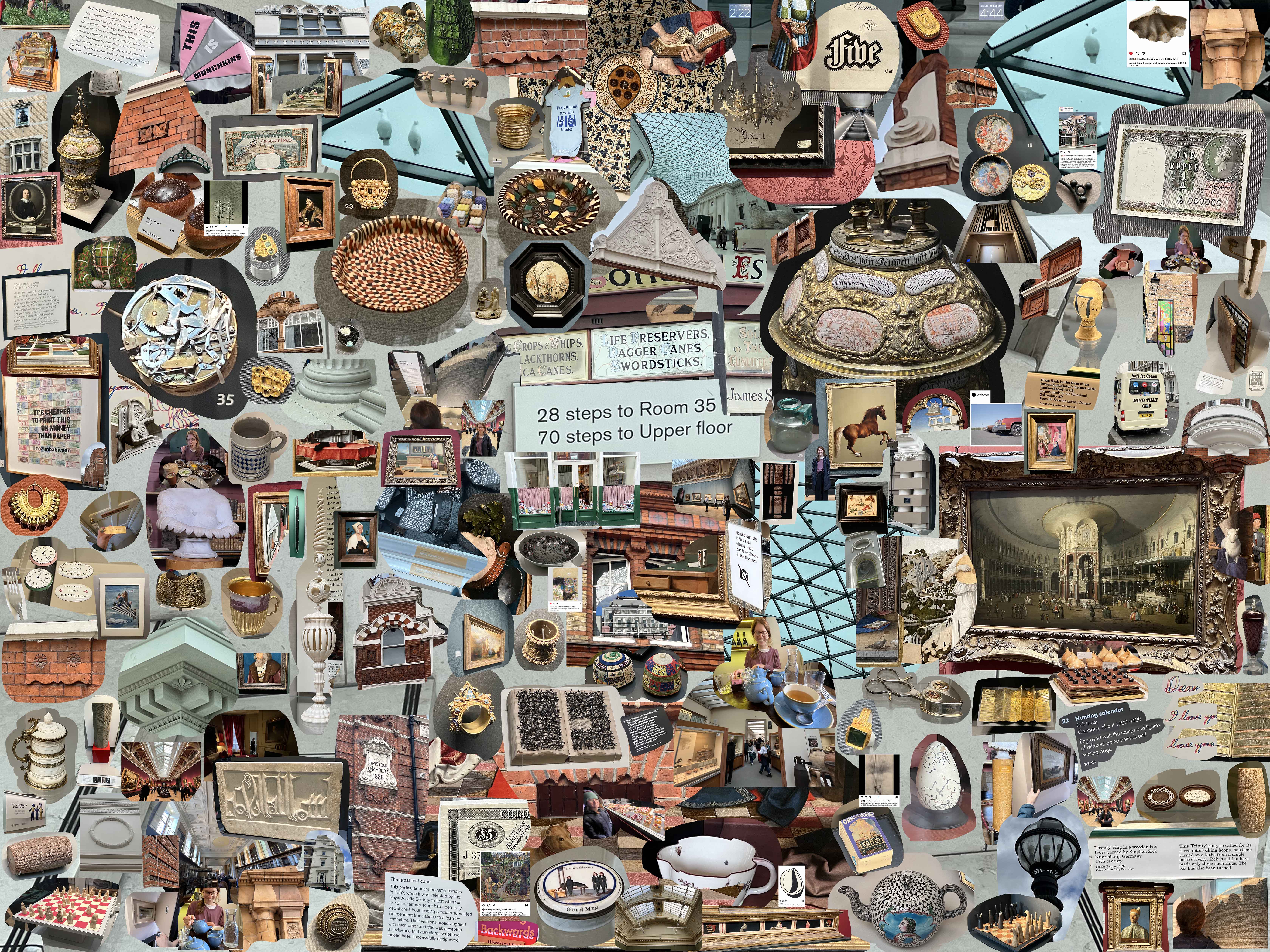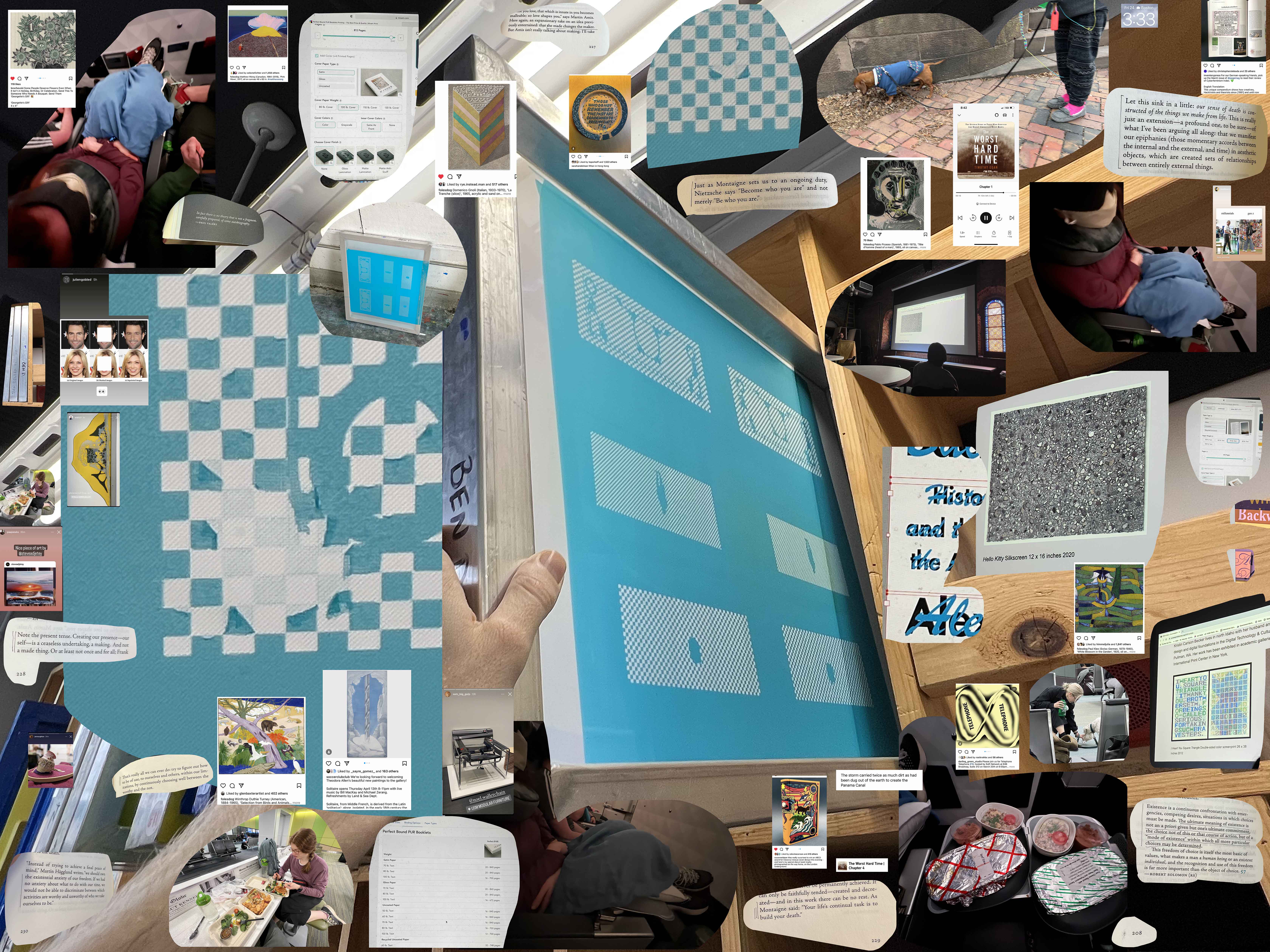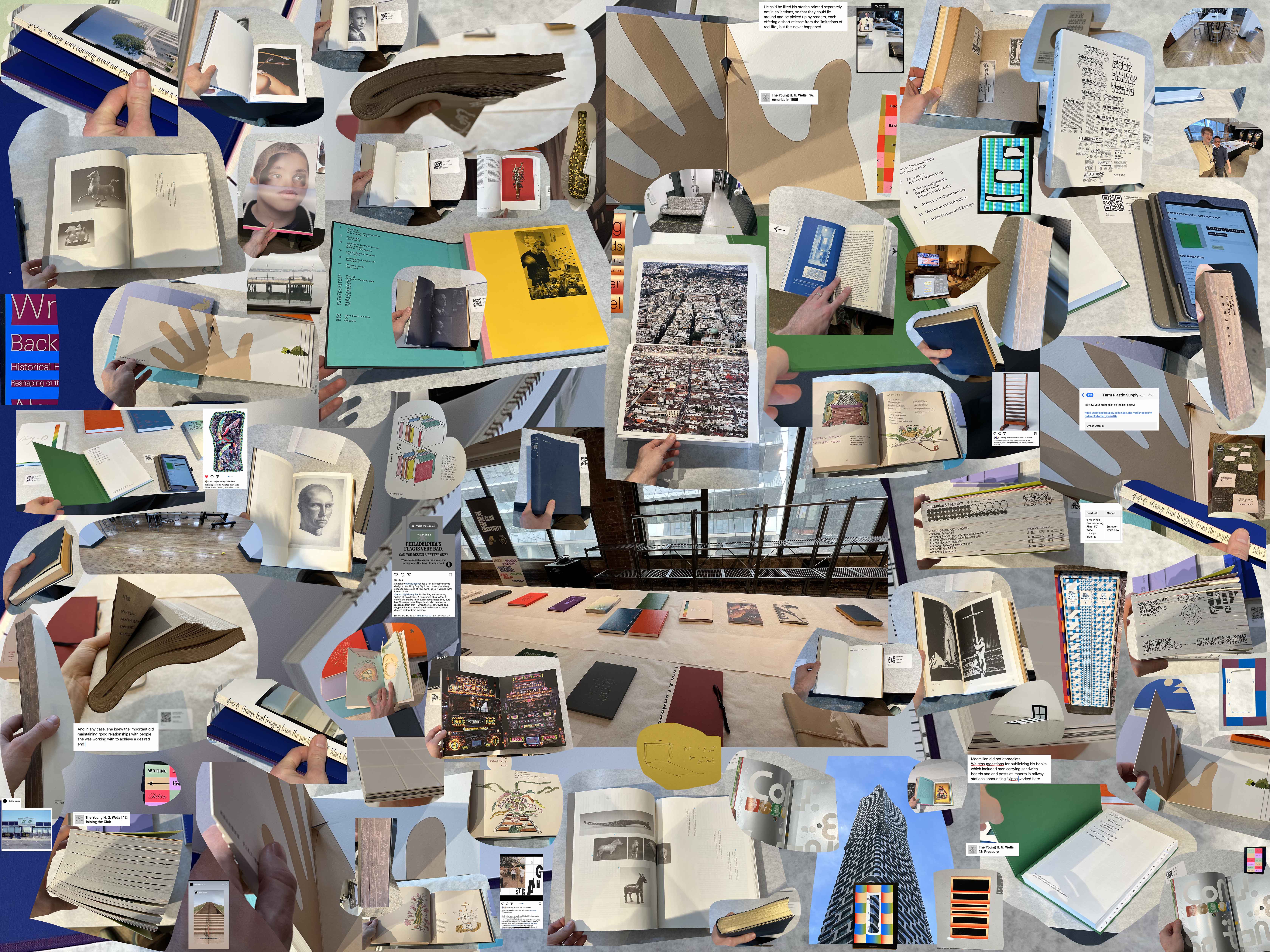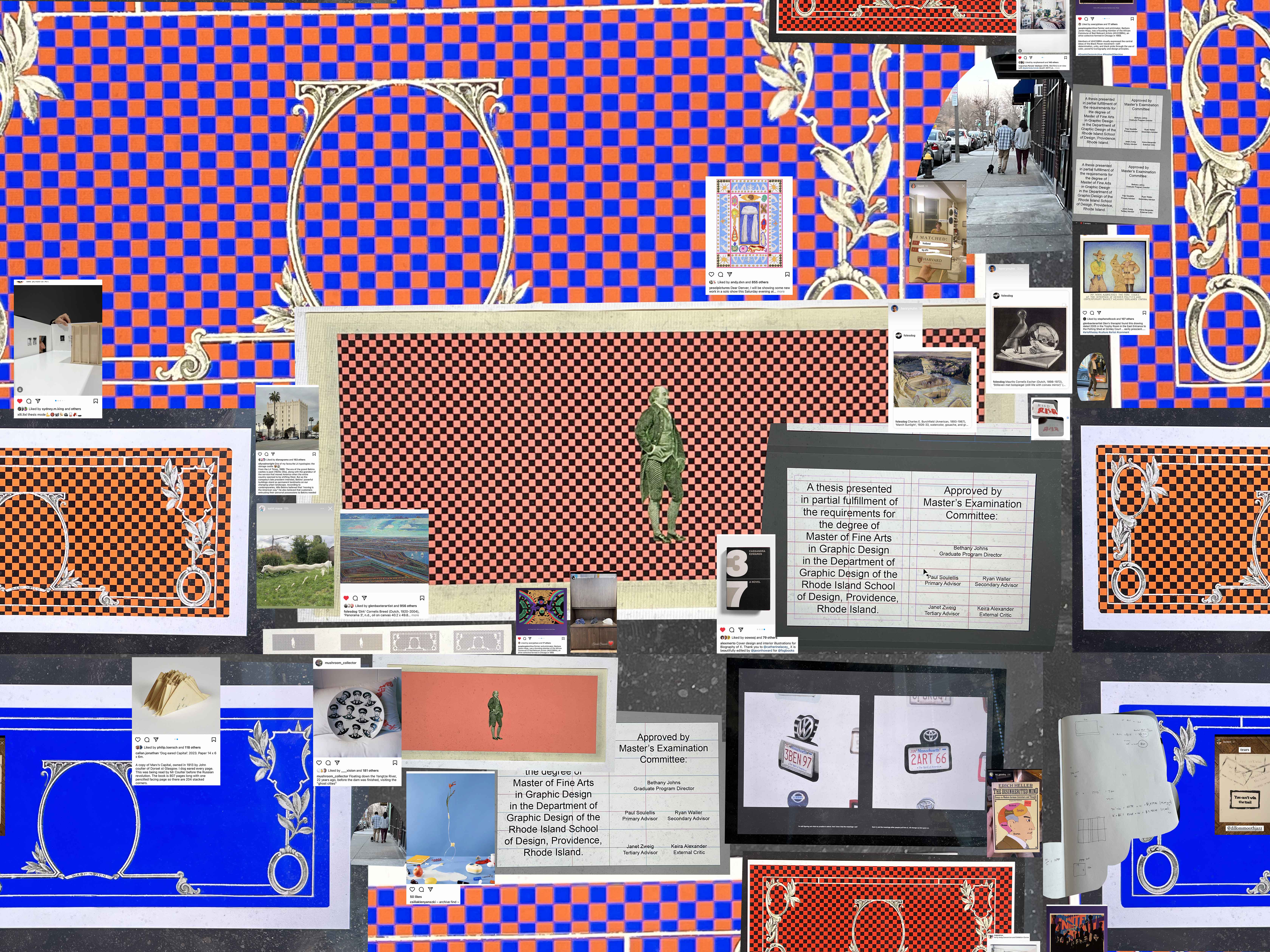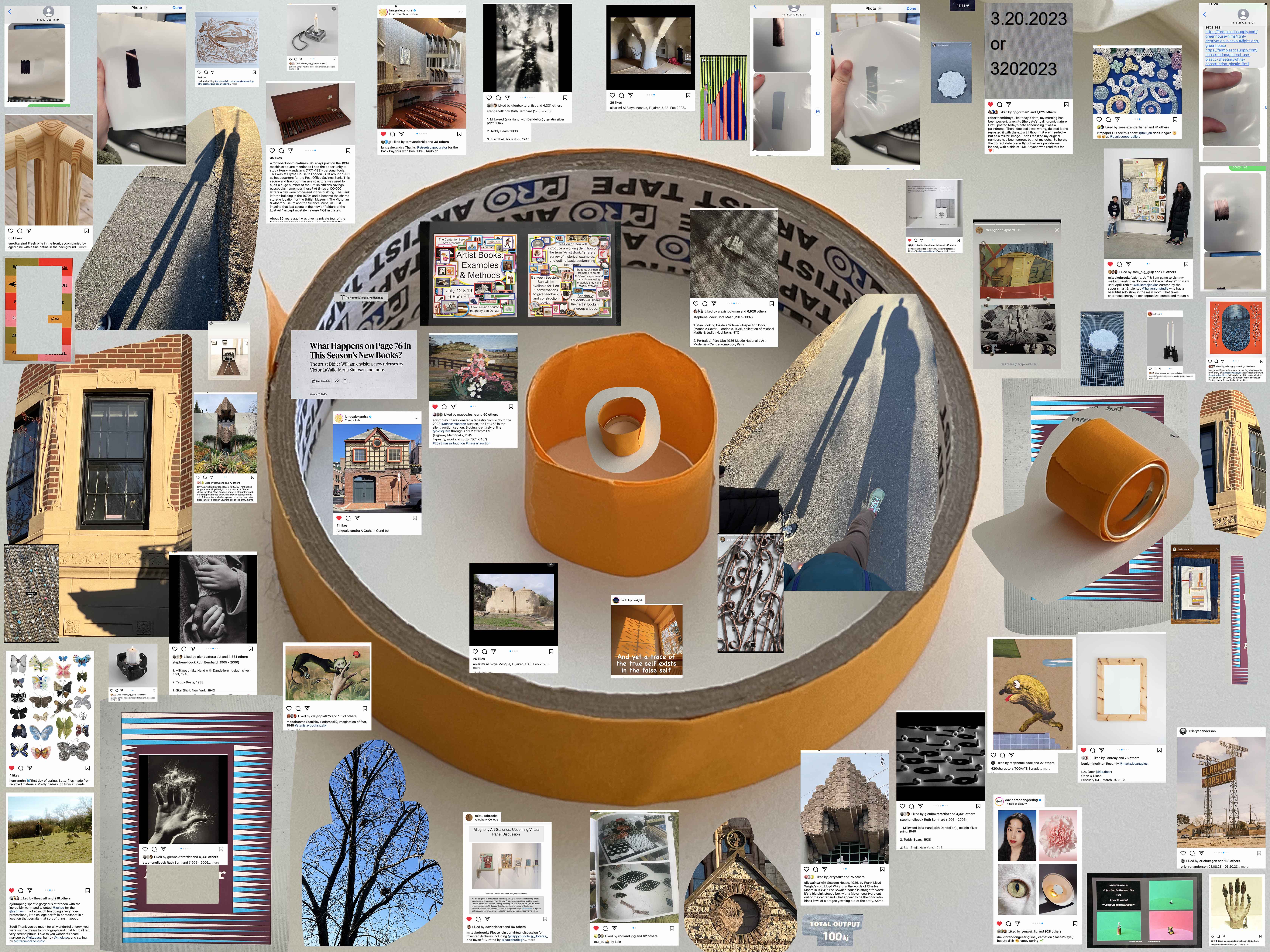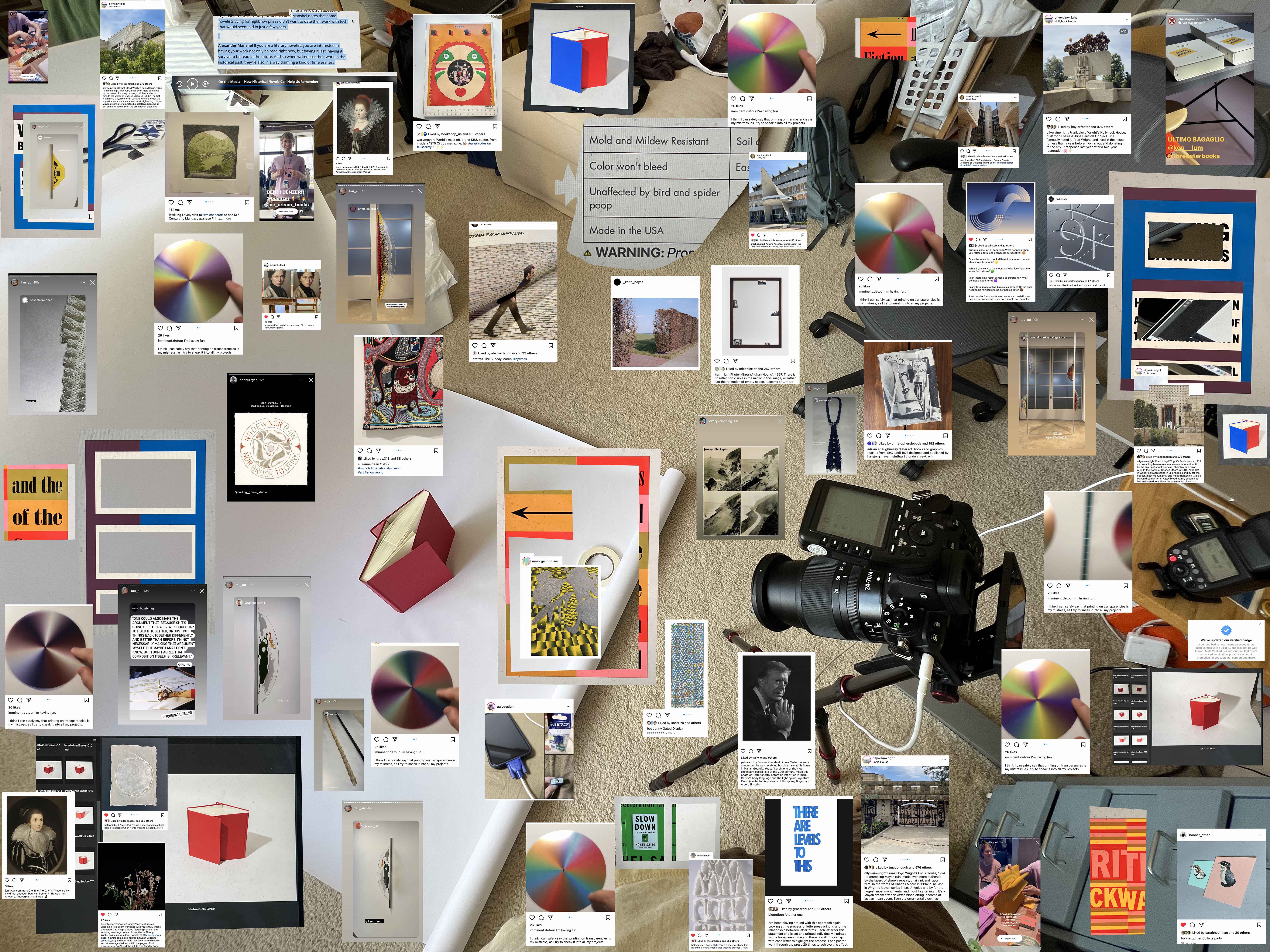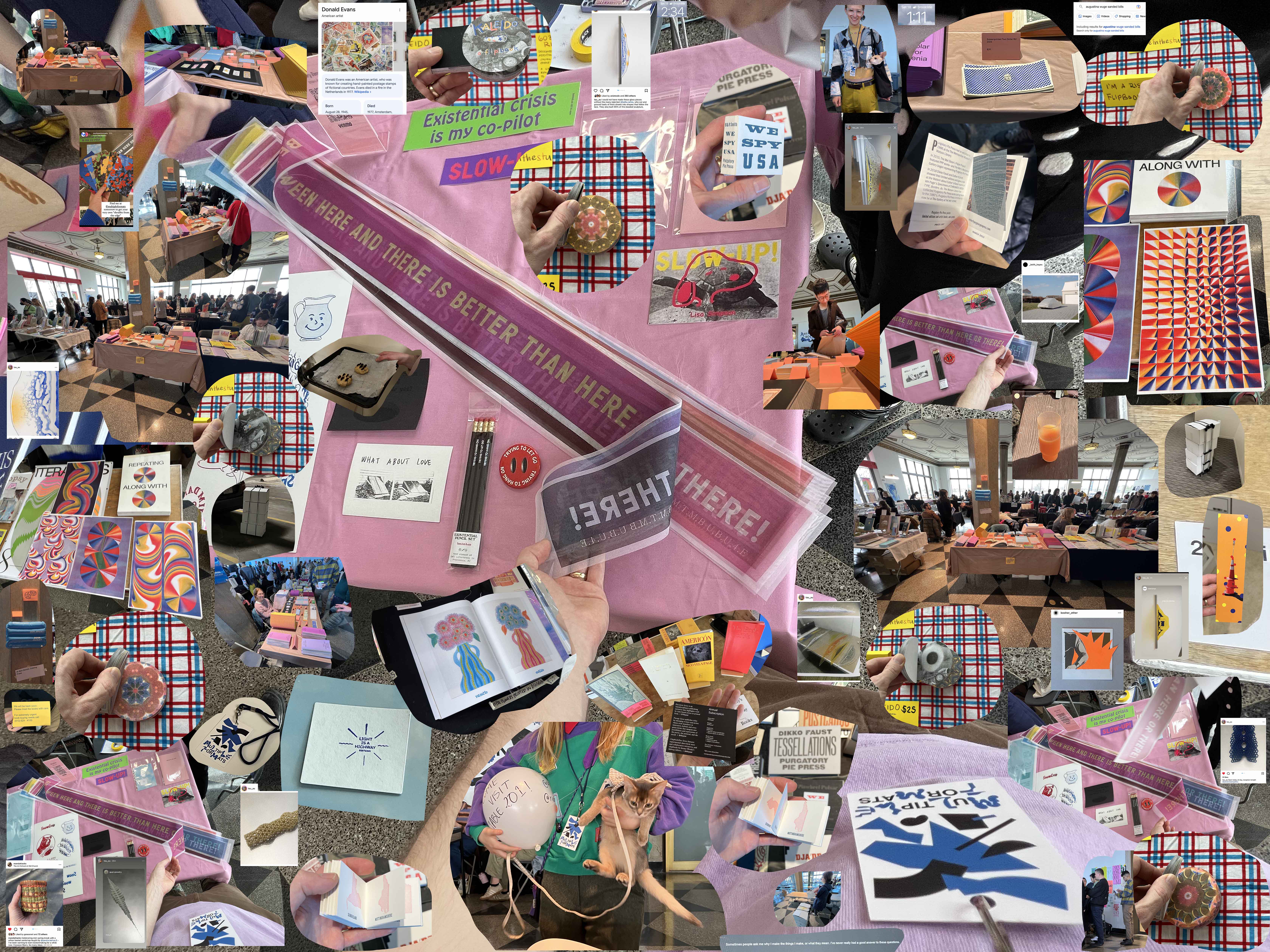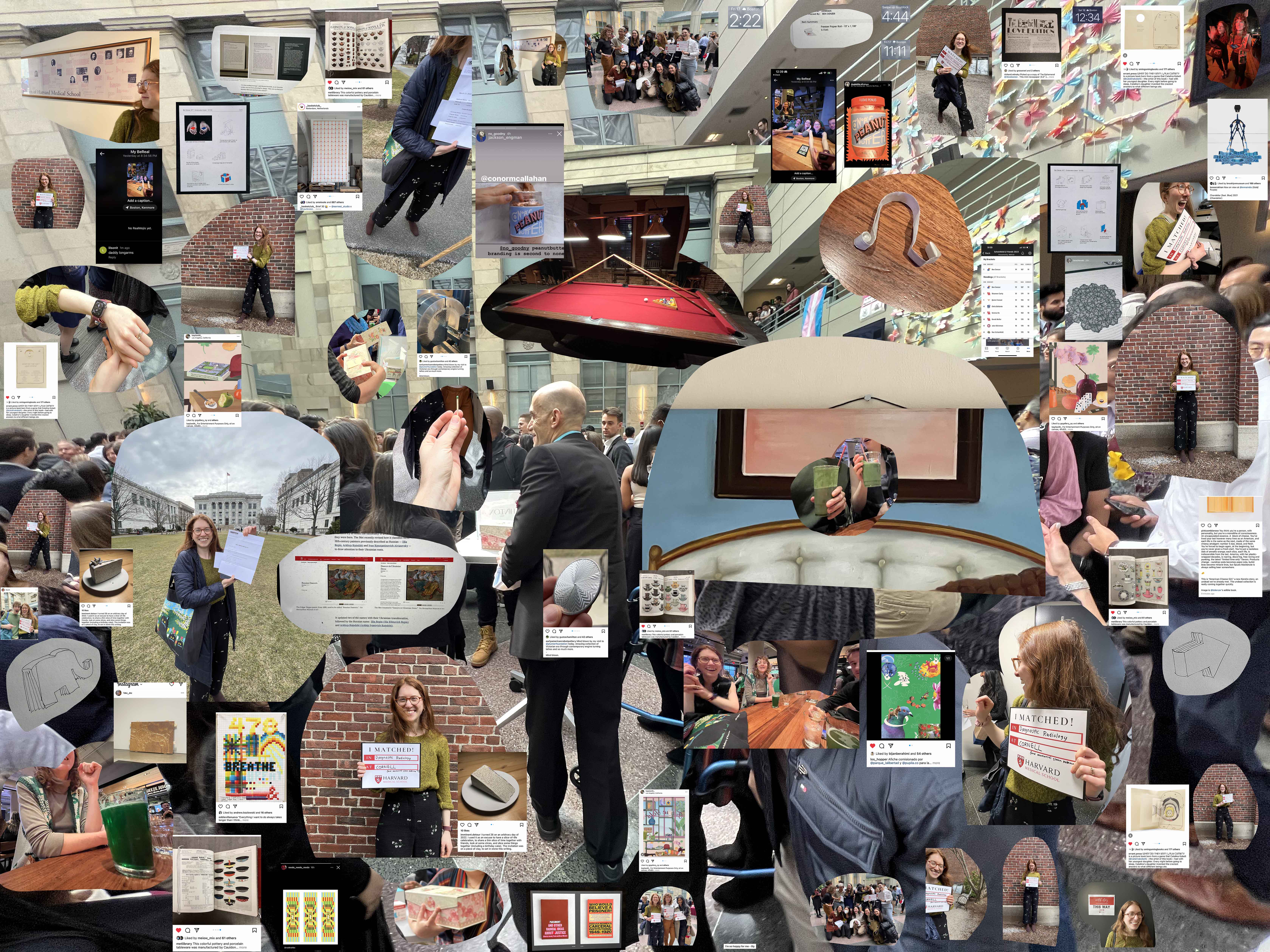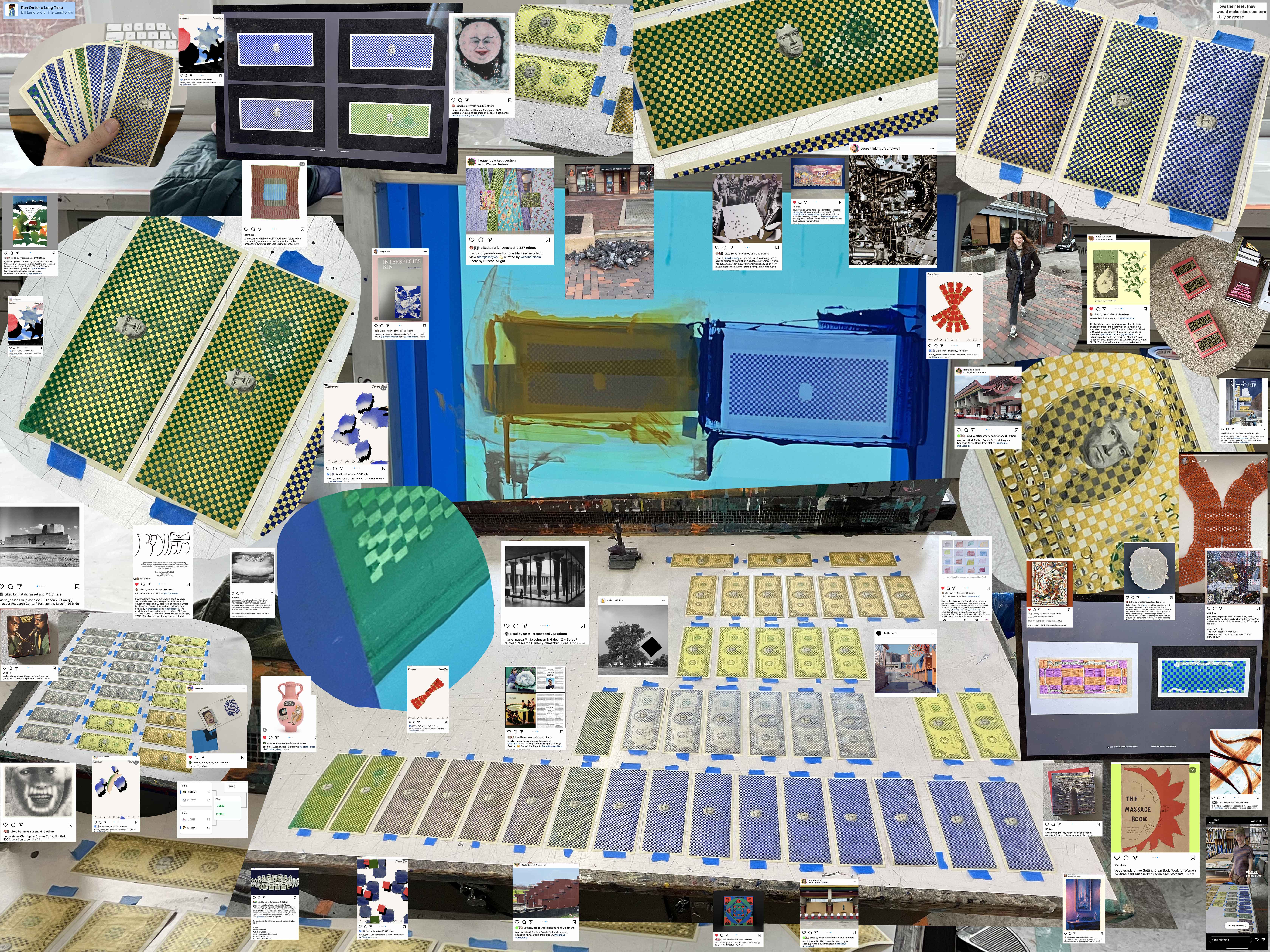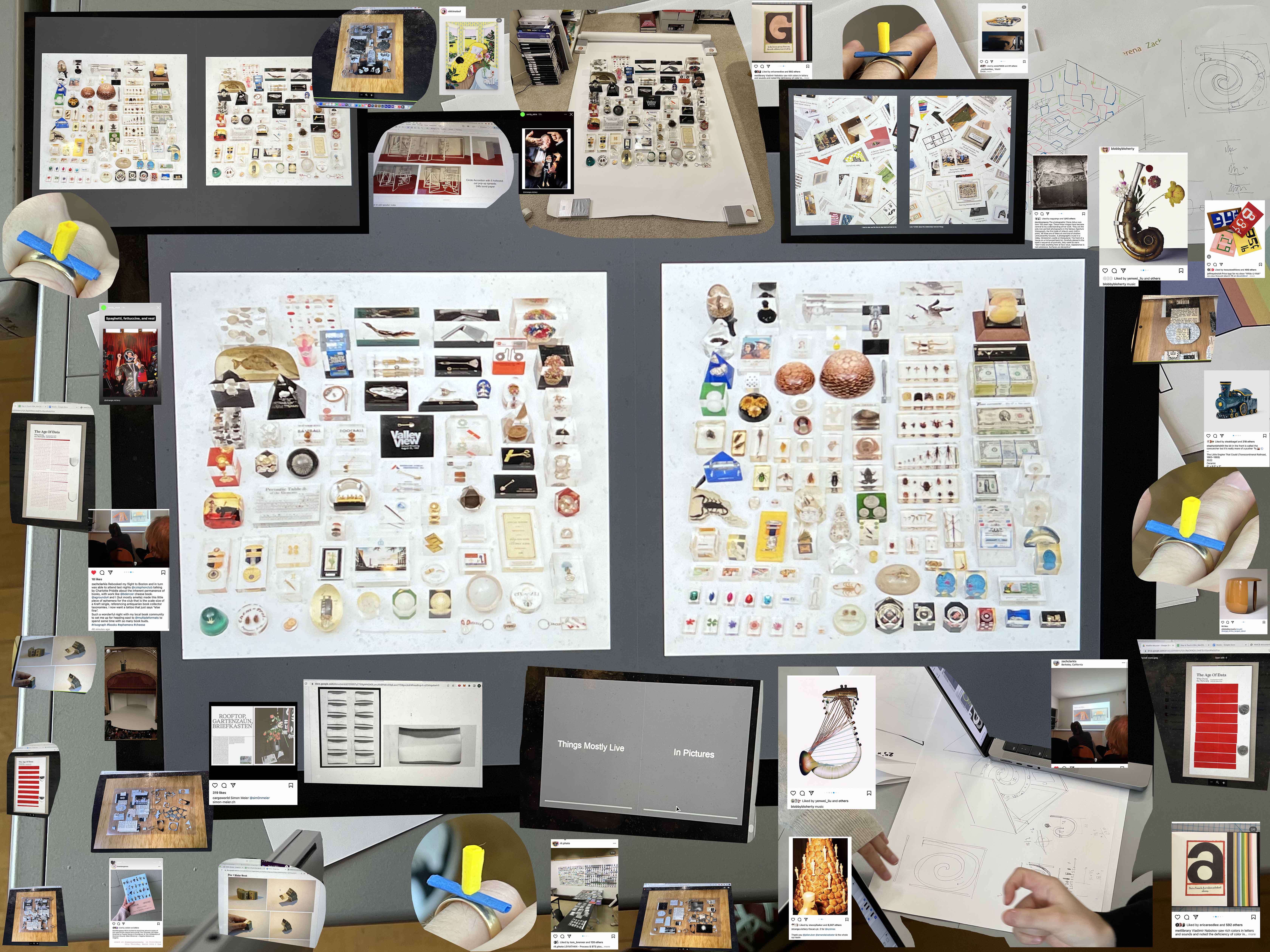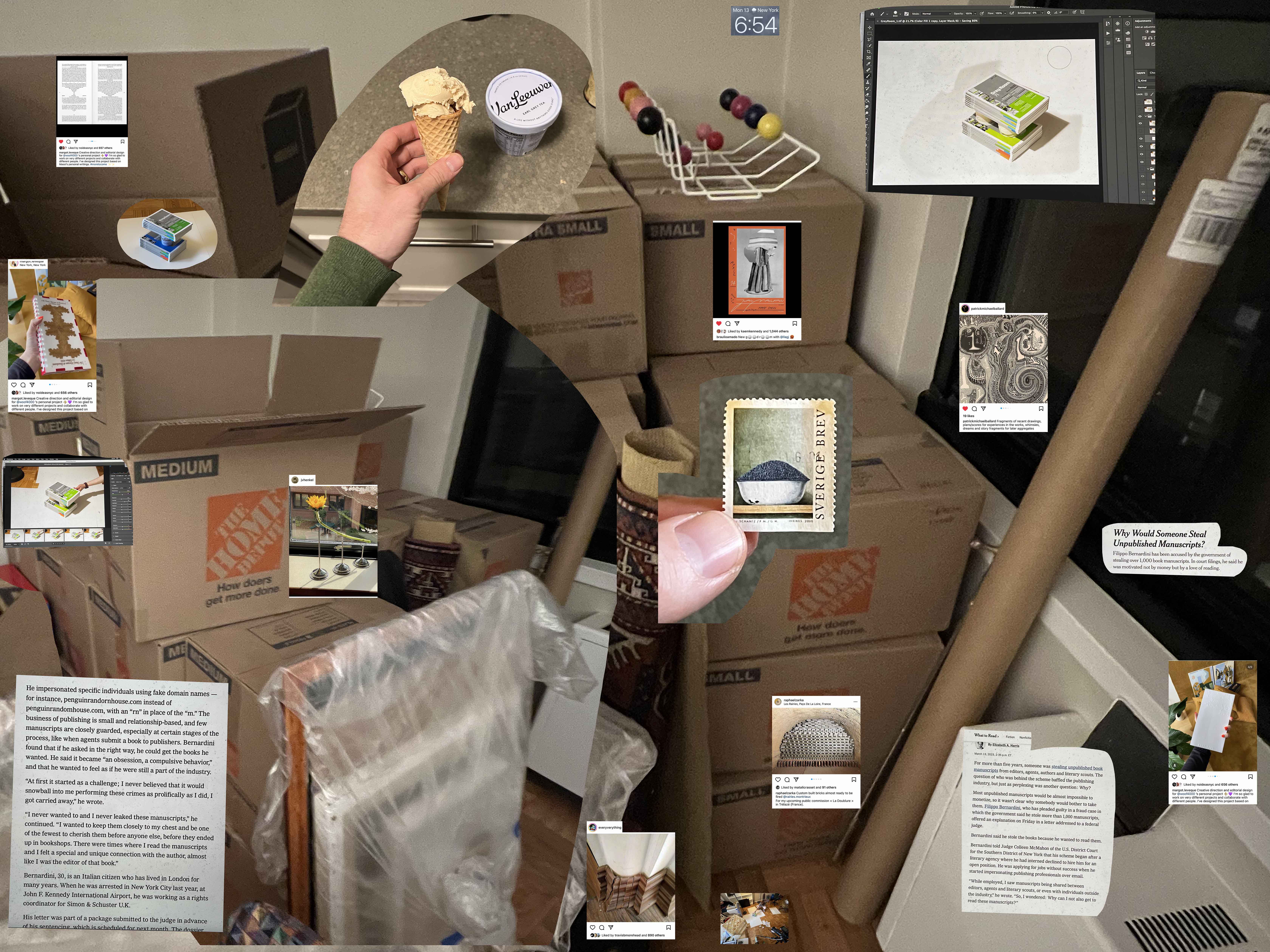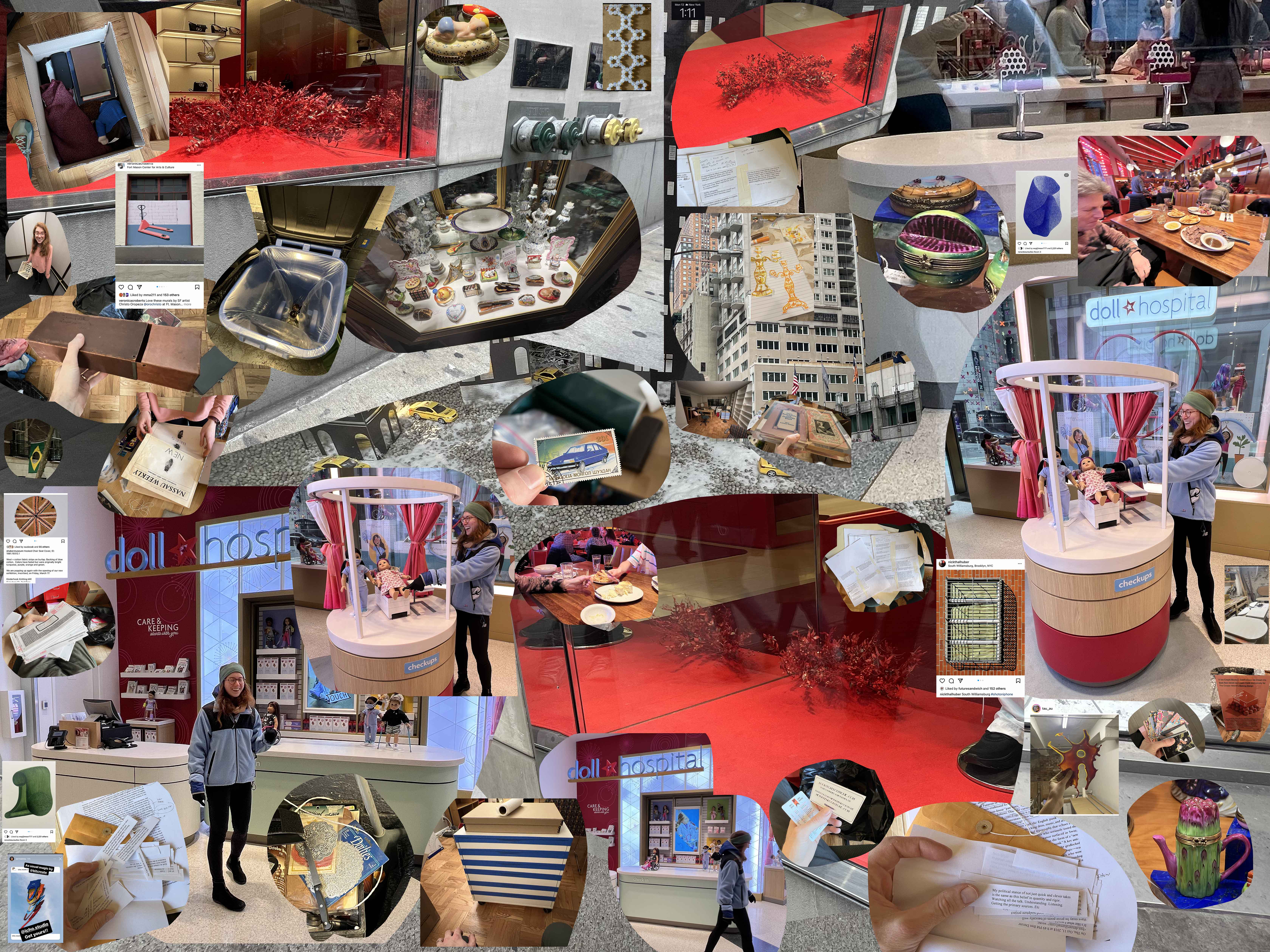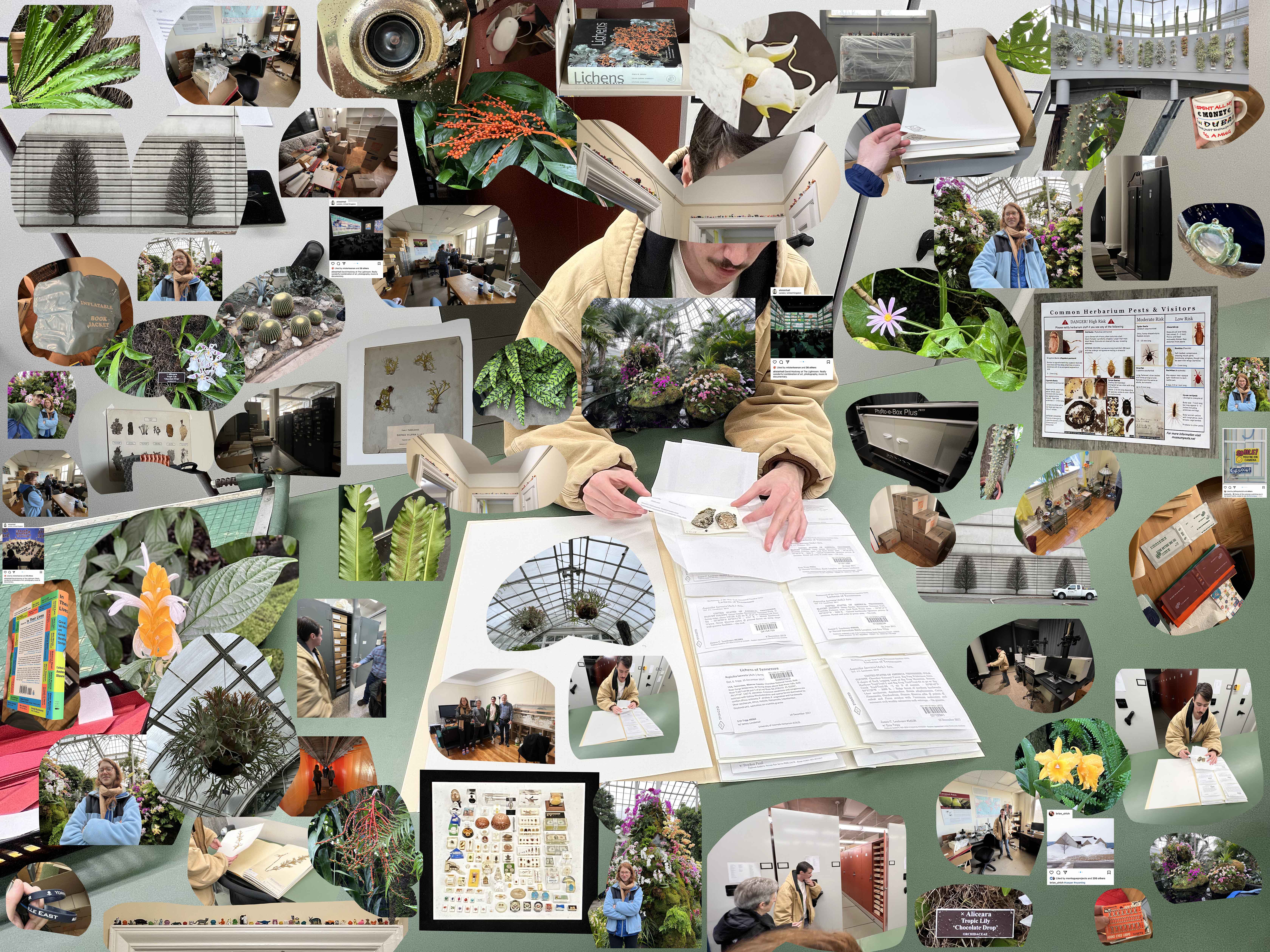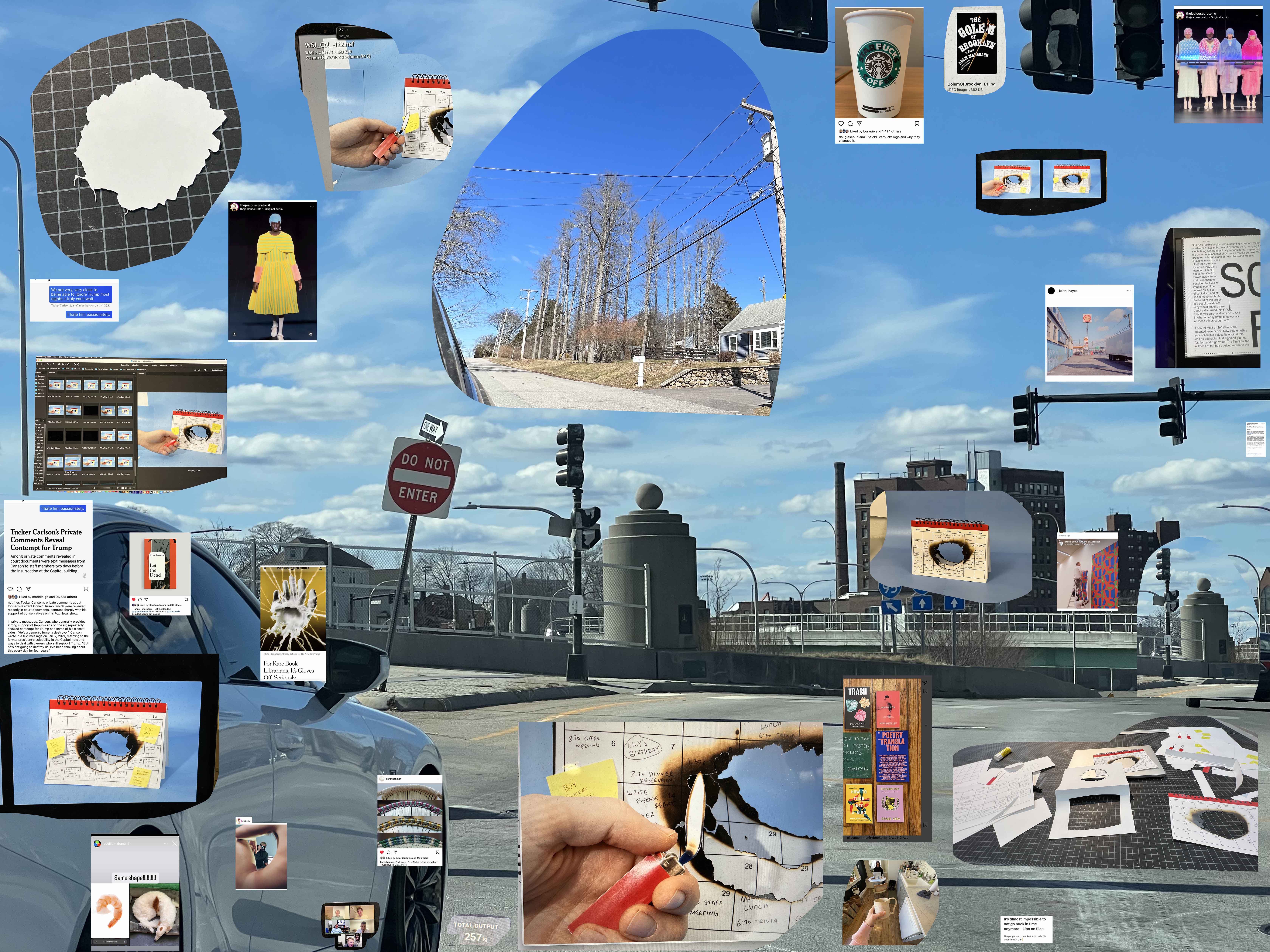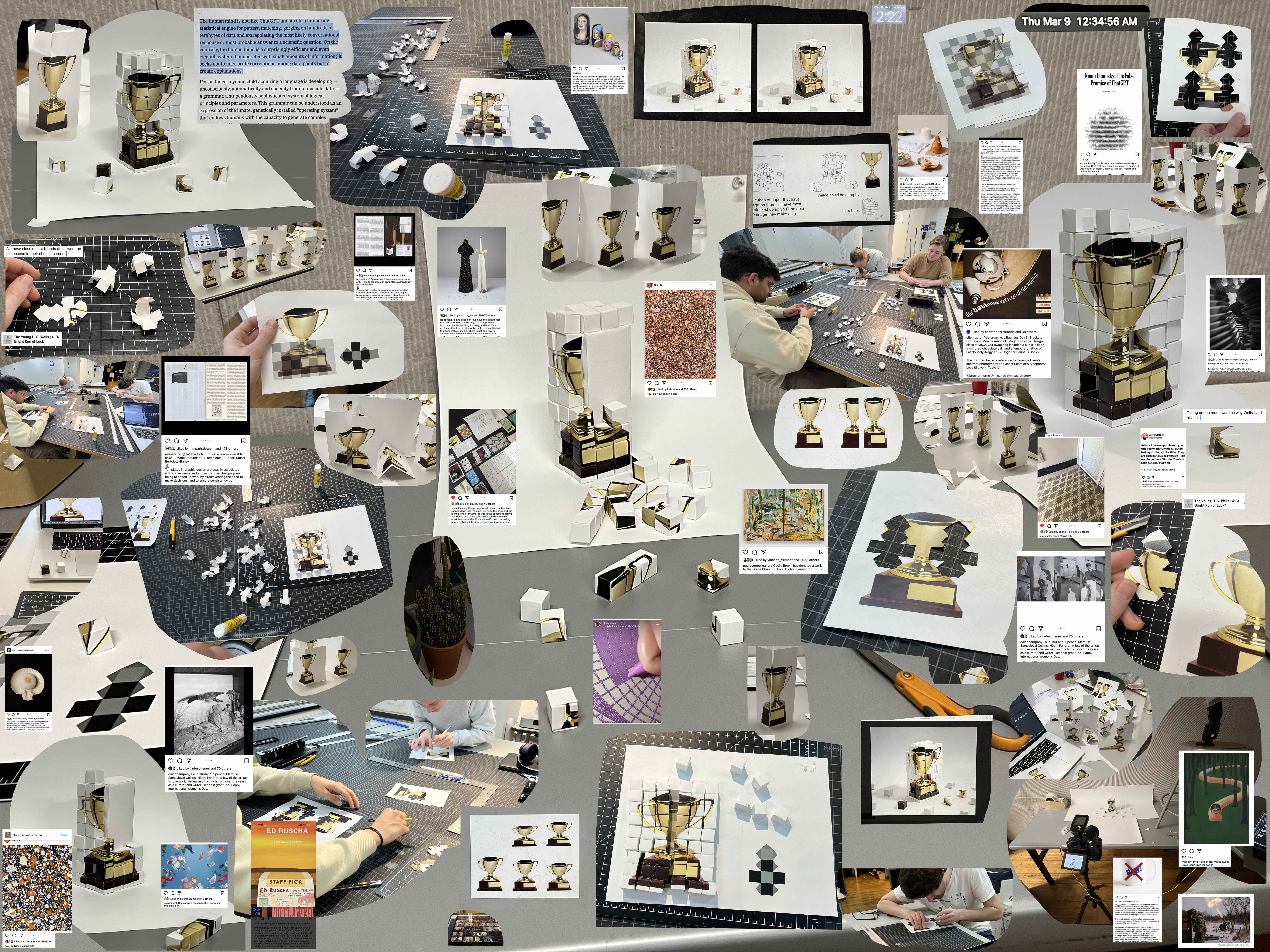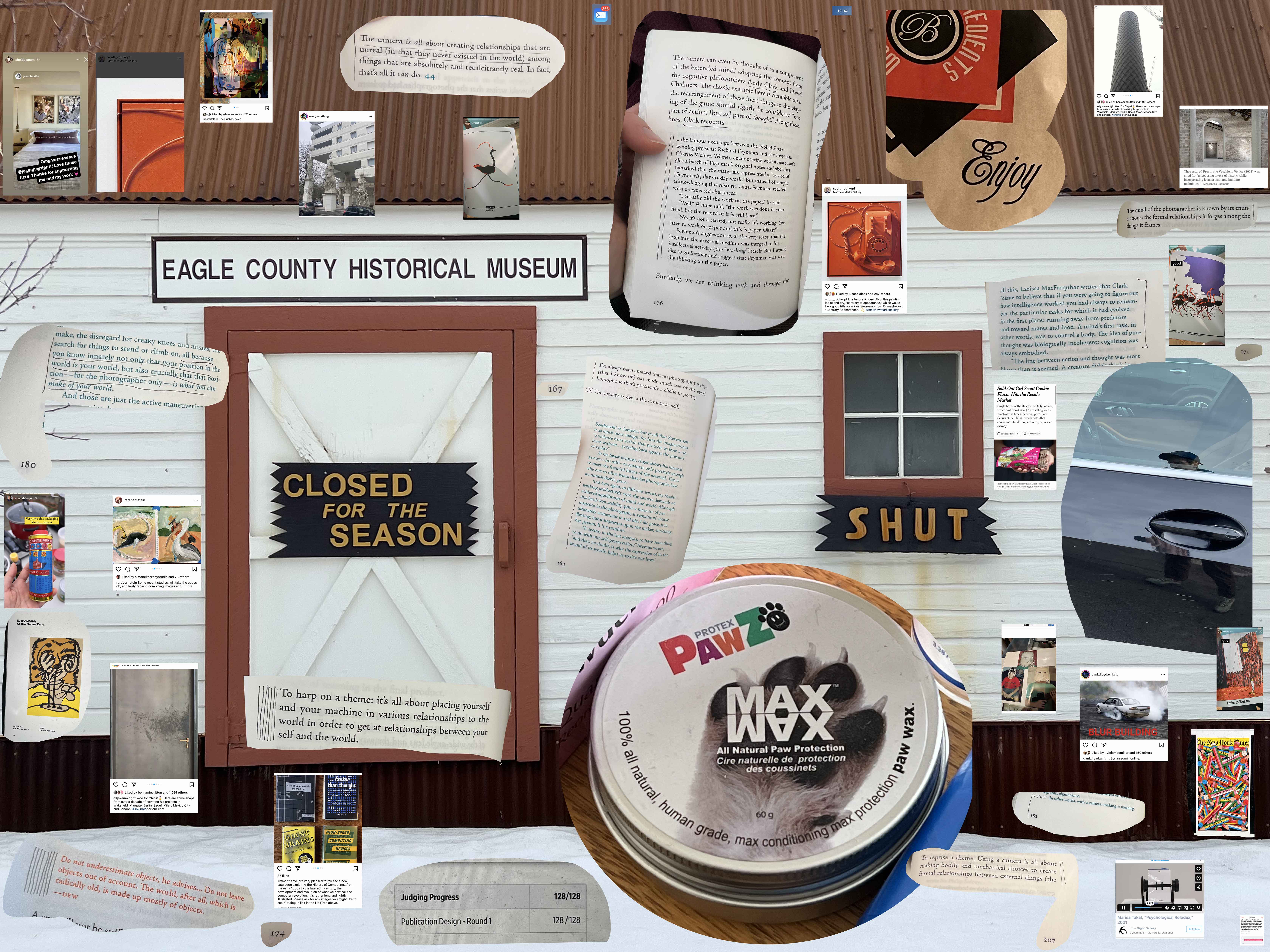Saturday, March 25, 2023
This particular prism became famous in 1857, when it was selected by the Royal Asiatic Society to test whether or not cuneiform script had been truly deciphered. Four leading scholars submitted independent translations to a learned committee. Their versions broadly agreed with each other and this was accepted as evidence that cuneiform script had indeed been successfully deciphered.
— "The great test case," Item description in The British Museum
Friday, March 24, 2023
The ultimate meaning of existence is not an a priori given but one's ultimate commitment, the choice not of this or that course of action, but of a "mode of existence" within which all more particular choices may be determined.
— Robert Solomon via Tim Carpenter, To Photograph Is To Learn How To Die
Thursday, March 23, 2023
He said he liked his stories to be printed separately, not in collections, so that they could lie around and be picked up by readers, each offering a short release from the limitations of real life. But this never happened.
— Claire Tomalin, The Young H.G. Wells
Wednesday, March 22, 2023
As the saying goes, quantity has a quality all its own.
— Admiral Samuel Paparo, "Is the Navy ready? How the U.S. is preparing amid a naval buildup in China," 60 Minutes
Tuesday, March 21, 2023
Did you see Molly's new haircut?
— Lily on neighborhood dog we know
Monday, March 20, 2023
What Happens on Page 76 in This Season’s New Books?
— New York Times Style Magazine column
Sunday, March 19, 2023
Eloise Blondiau: Manshel notes that some novelists vying for highbrow prizes didn't want to date their work with tech that would seem old in just a few years.
Alexander Manshel: If you are a literary novelist, you are interested in having your work not only be read right now, but having it last, having it survive to be read in the future. And so when writers set their work in the historical past, they're also in a way claiming a kind of timelessness.
— Transcript, "On The Media: How Historical Novels Can Help Us Remember," WNYC
Saturday, March 18, 2023
Donald Evans was an American artist, who was known for creating hand-painted postage stamps of fictional countries. Evans died in a fire in the Netherlands in 1977.
— Google's snippet of Wikipedia article on Donald Evans
Friday, March 17, 2023
Museums Rename Artworks and Artists as Ukrainian, Not Russian
— New York Times headline
Thursday, March 16, 2023
I love their feet. They would make nice coasters.
— Lily on geese.
Wednesday, March 15, 2023
last nights @colophonclub talking by Charlotte Priddle about the inherent permanence of books
— @zachclarkis
Tuesday, March 14, 2023
When one of the very last steps in your glass process is drilling holes, there can be a little heartbreak.
— @tau_au
Monday, March 13, 2023
Bernardini said he stole the books because he wanted to read them.
— Elizabeth A. Harris, "Why Would Someone Steal Unpublished Manuscripts?," The New York Times
Sunday, March 12, 2023
Doll Hospital
— Section of American Girl Doll store
Saturday, March 11, 2023
Common Herbarium Pests & Visitors
— Sign
Friday, March 10, 2023
Giving the Middle Finger Is a 'God-Given' Right, a Quebec Judge Says
— New York Times headline
Thursday, March 9, 2023
It's almost impossible not to go back in time anymore.
— Lian on digital file backup systems
Wednesday, March 8, 2023
The human mind is not, like ChatGPT and its ilk, a lumbering statistical engine for pattern matching, gorging on hundreds of terabytes of data and extrapolating the most likely conversational response or most probable answer to a scientific question. On the contrary, the human mind is a surprisingly efficient and even elegant system that operates with small amounts of information; it seeks not to infer brute correlations among data points but to create explanations.
For instance, a young child acquiring a language is developing — unconsciously, automatically and speedily from minuscule data — a grammar, a stupendously sophisticated system of logical principles and parameters. This grammar can be understood as an expression of the innate, genetically installed “operating system” that endows humans with the capacity to generate complex sentences and long trains of thought.
— Noam Chomsky, Ian Roberts and Jeffrey Watumull, "Noam Chomsky: The False Promise of ChatGPT," The New York Times
Tuesday, March 7, 2023
Do not underestimate objects, he advises... Do not leave objects out of account. The world, after all, which is radically old, is made up mostly of objects.
— David Foster Wallace via Tim Carpenter, To Photograph Is To Learn How To Die
Monday, March 6, 2023
Shangri-La
— Ski Run
